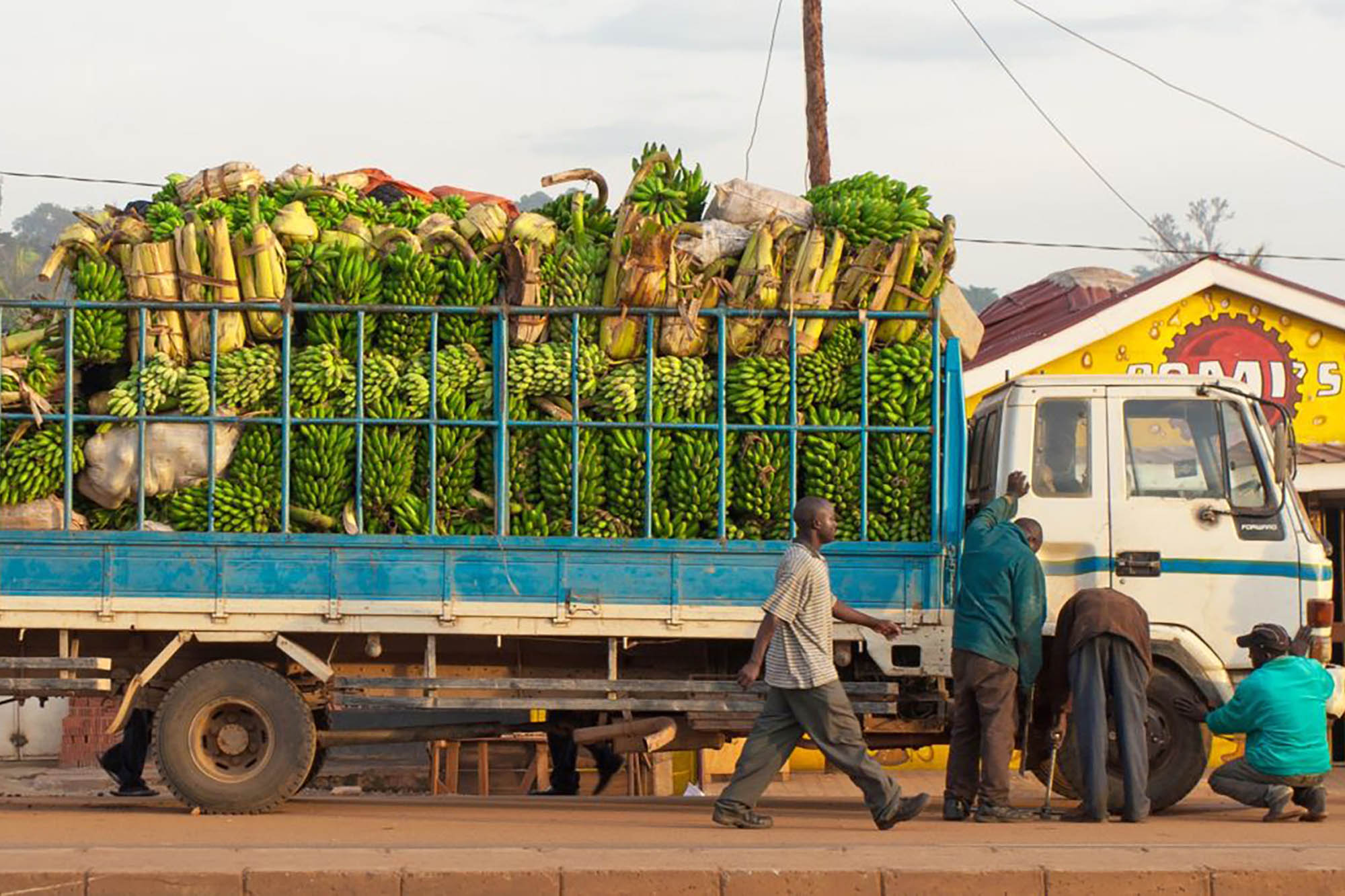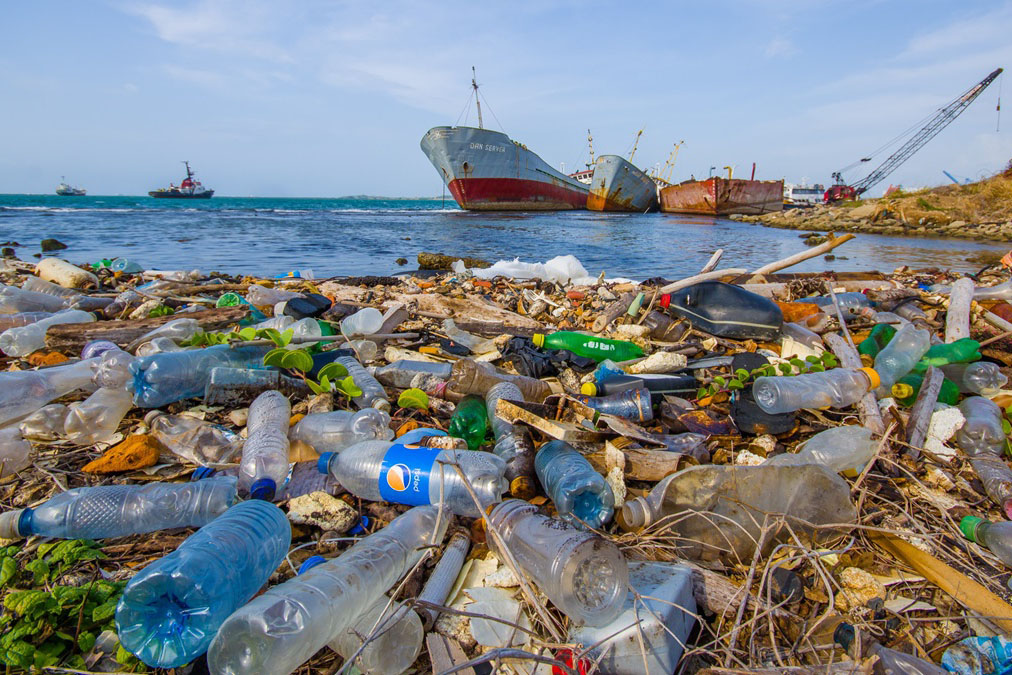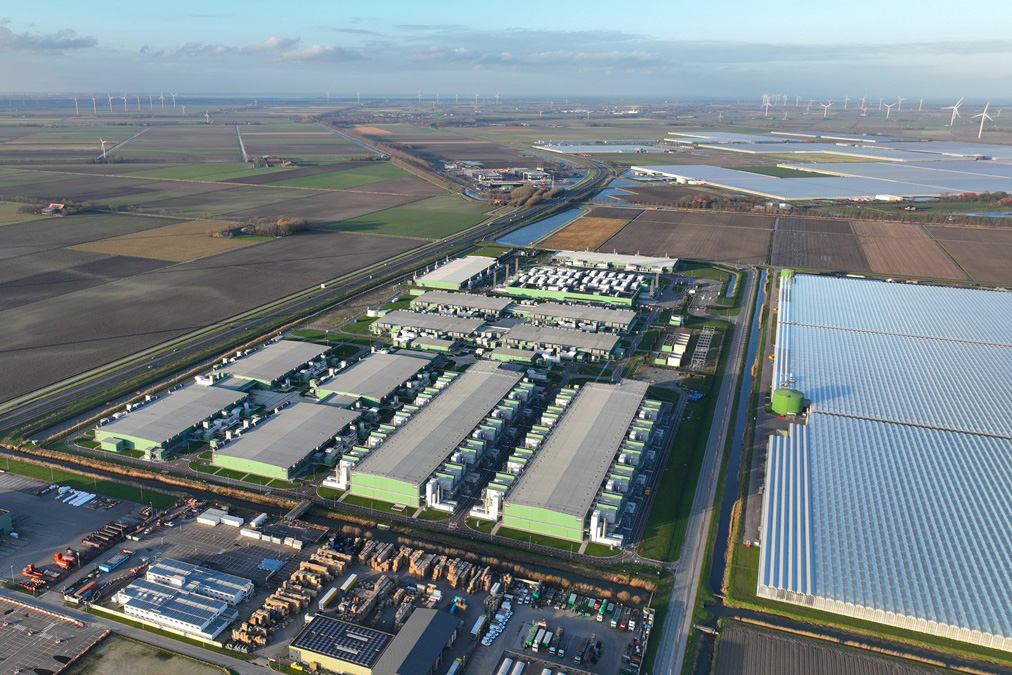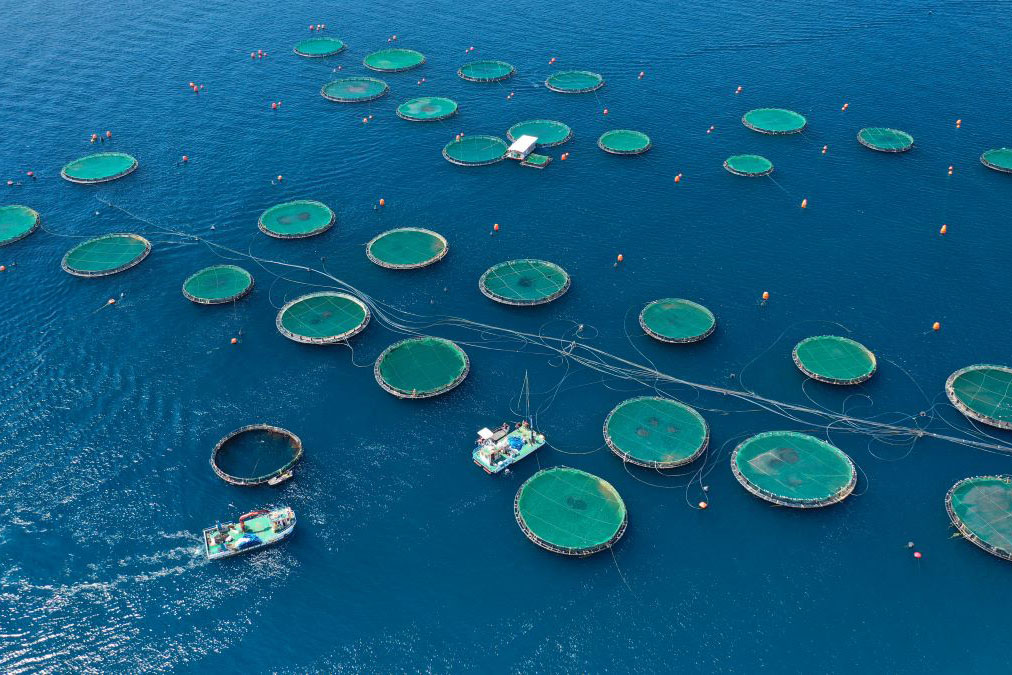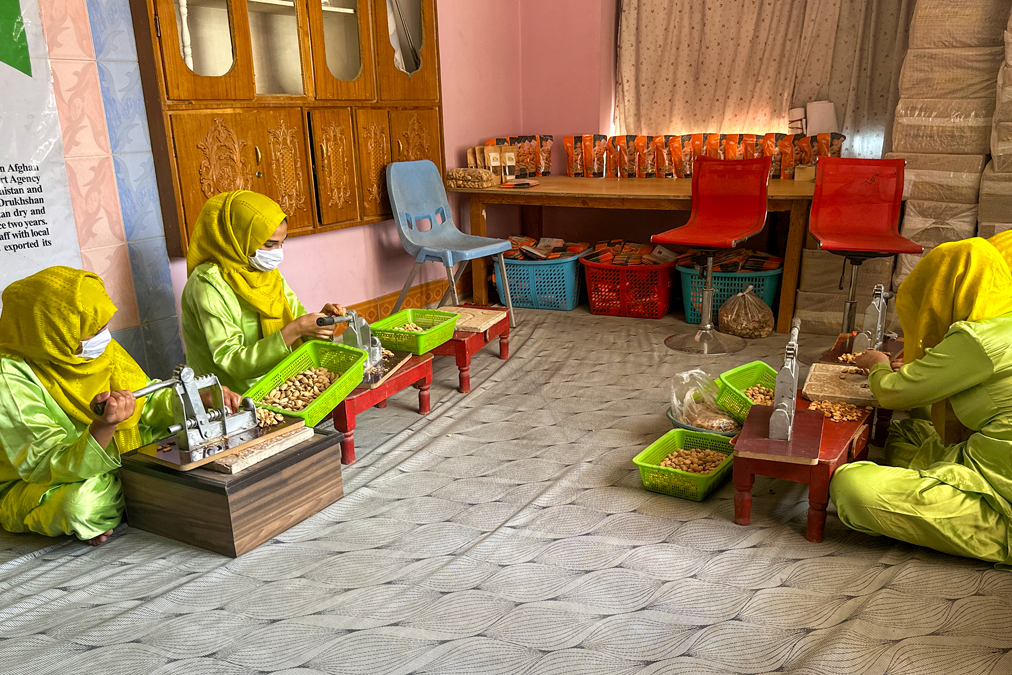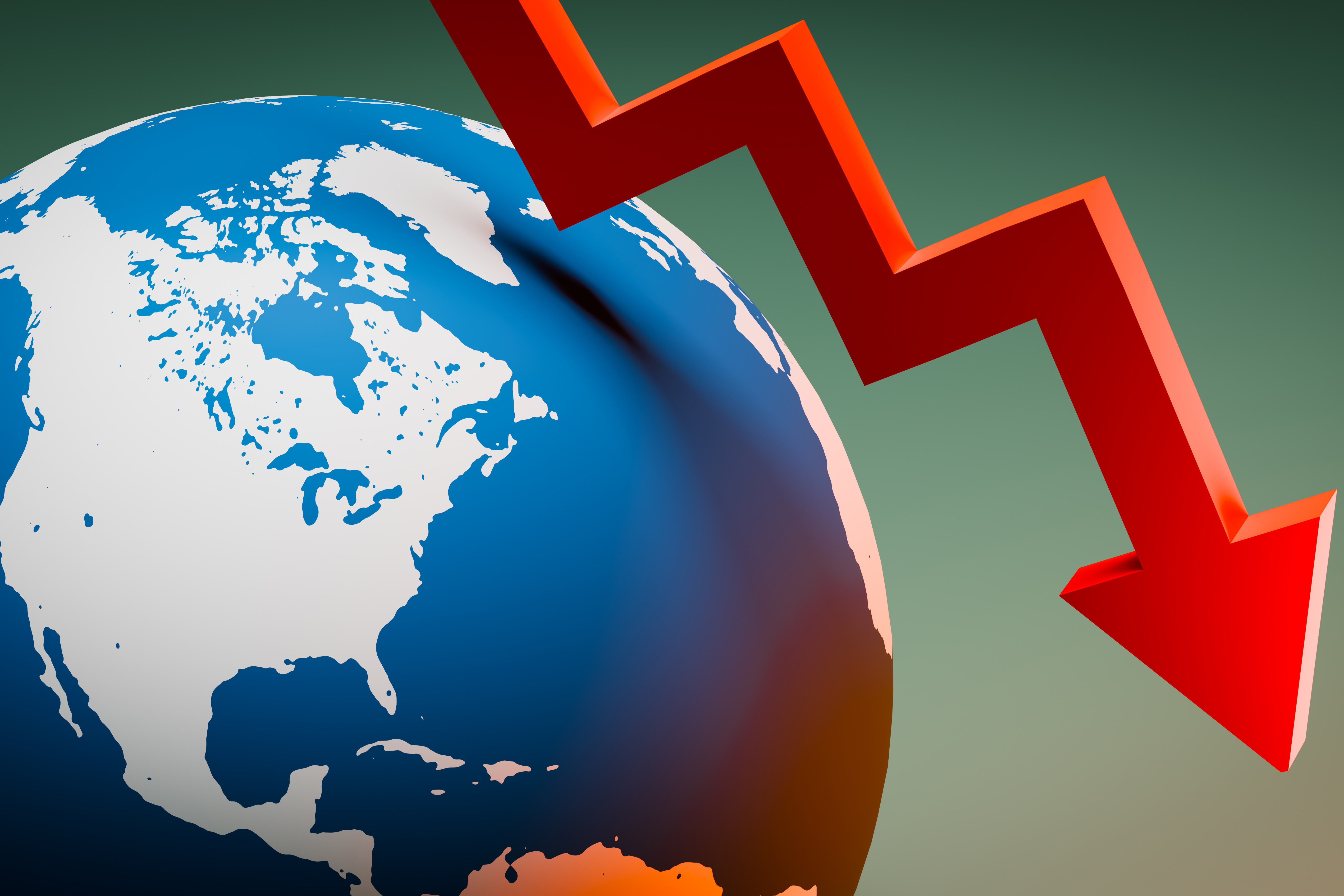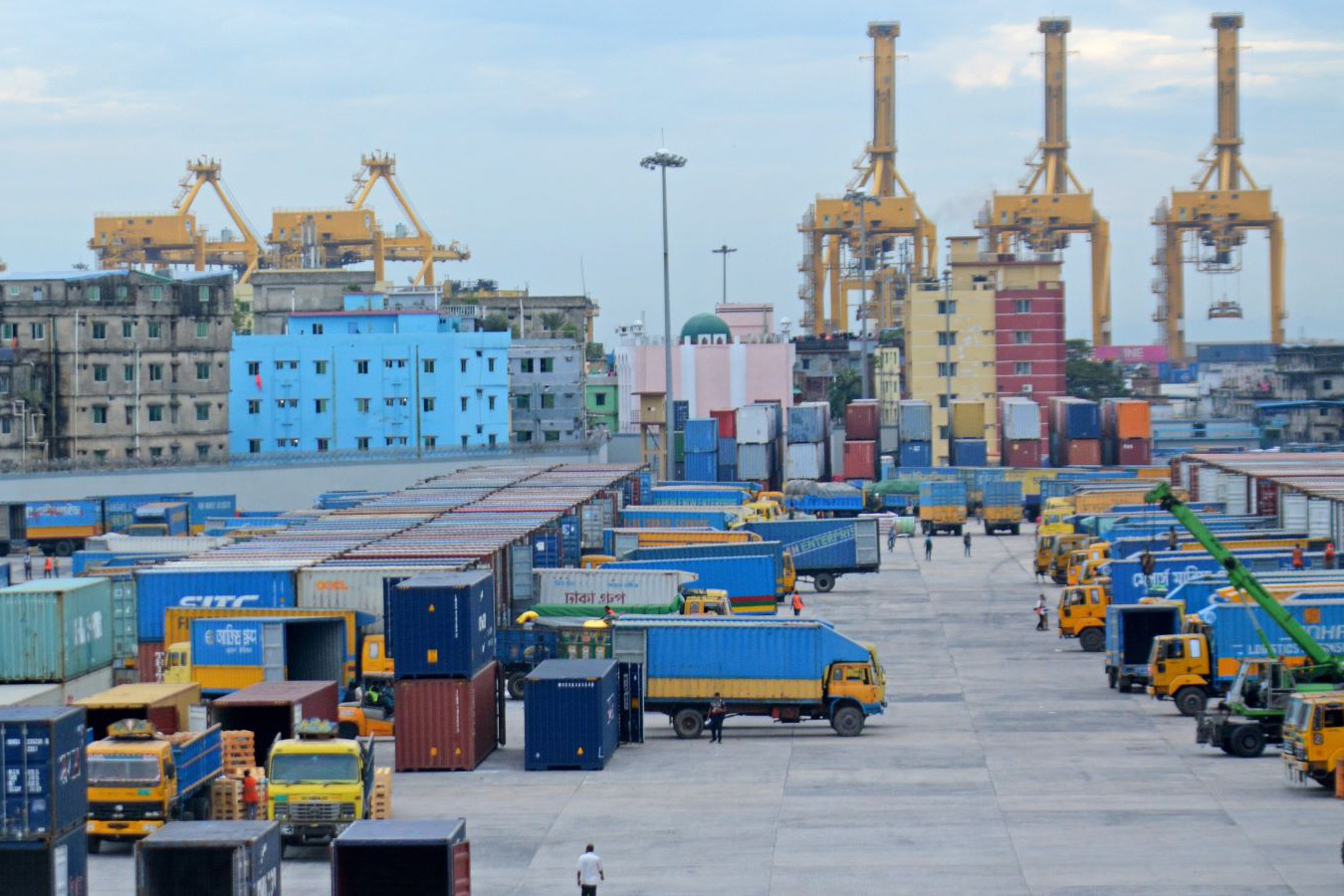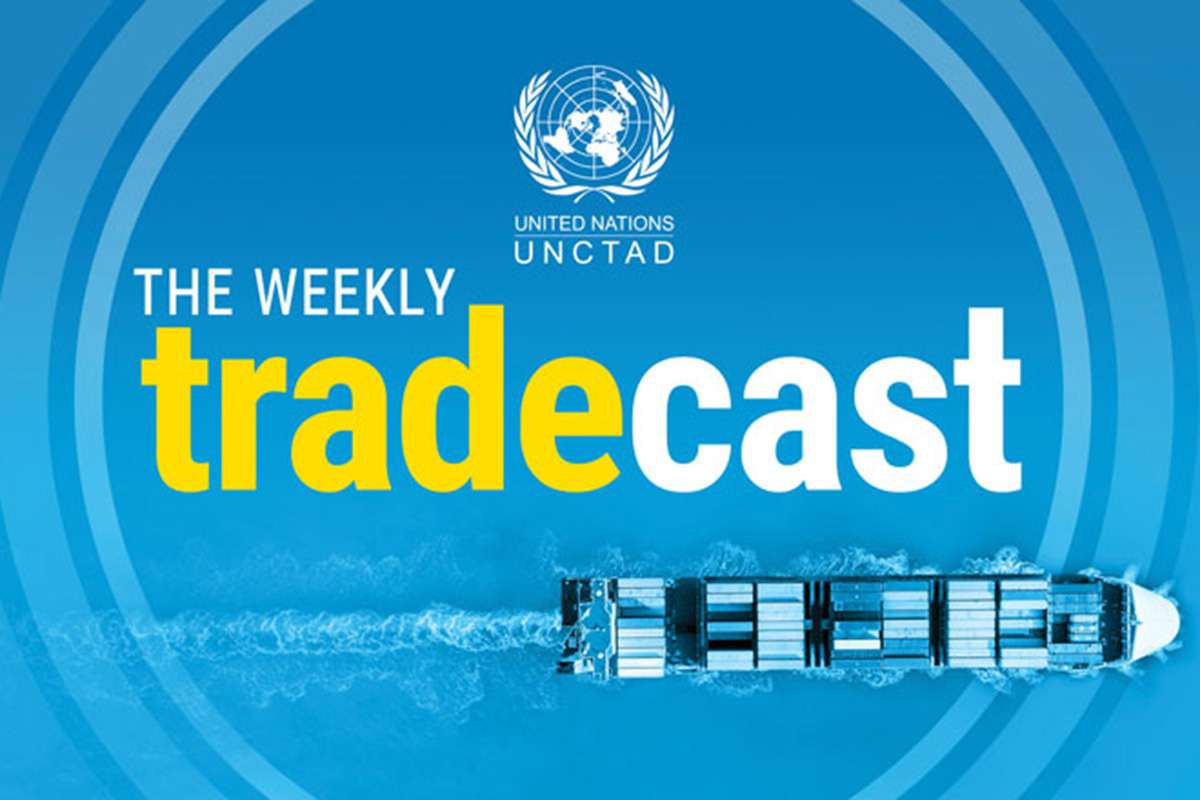UNCTAD’s latest Global Trade Update reveals that systemic uncertainty, driven by shifting policies and geopolitical instability, is reshaping global trade, raising costs, and disproportionately harming developing economies.
UNCTAD
UN Trade and Development outlines a clear vision for landlocked developing countries to enhance trade opportunities through regional cooperation, digital readiness, and targeted reforms.
As global plastic trade surpasses $1.1 trillion, United Nations Trade and Development warns of rising environmental harm and calls for trade reforms, investment in sustainable alternatives, and a unified global treaty to curb pollution.
Over two-thirds of developing countries remain reliant on primary exports, risking instability and missed opportunities without urgent economic diversification.
A small number of digital giants now control nearly half of global digital market sales, raising concerns about increasing market concentration.
Despite a headline rise in 2024, UNCTAD warns that global FDI is in decline for the second year, exposing a widening disconnect between capital flows and development needs.
The latest Global Trade Update from UNCTAD examines the ocean economy – a vital driver of global trade now under growing pressure from environmental and geopolitical shocks.
The 3rd UN Ocean Conference in Nice will unite global leaders to address urgent ocean challenges, drive sustainable use, and protect livelihoods dependent on marine ecosystems and trade.
Afghanistan’s adoption of the ASYCUDA system has revolutionized humanitarian logistics by slashing paperwork, accelerating customs clearance, and enhancing transparency for faster, more efficient aid delivery.
With global demand for copper set to soar 40% by 2040, UNCTAD warns that supply shortfalls could derail clean energy and digital transitions unless smarter trade, investment, and recycling strategies are urgently adopted.
UNCTAD forecasts global growth will slow to 2.3% in 2025, below the 2.5% global recession indicator, as escalating trade tensions and record-high policy uncertainty trigger financial volatility and erode business confidence worldwide.
As global growth slows to 2.3% in 2025 amid rising trade tensions, UNCTAD urges stronger policy coordination and regional integration to support developing economies.
Antibiotics save lives. But when the supplies run low or bacteria become resistant, the risks grow — especially in developing countries. On this episode of UNCTAD’s The Weekly Tradecast, economist Bruno Casella explores the challenges of securing essential antibiotics, the impact of limited local production, and how better investment and coordination can strengthen supply chains.
UNCTAD’s 2025 report highlights Artificial Intelligence’s massive economic potential, urging investment in digital infrastructure and stronger international cooperation to ensure AI benefits are shared globally.
At the 14th International Debt Management Conference, UNCTAD called for urgent reforms to global debt management to prevent the current debt crisis from hindering long-term development and stability.


